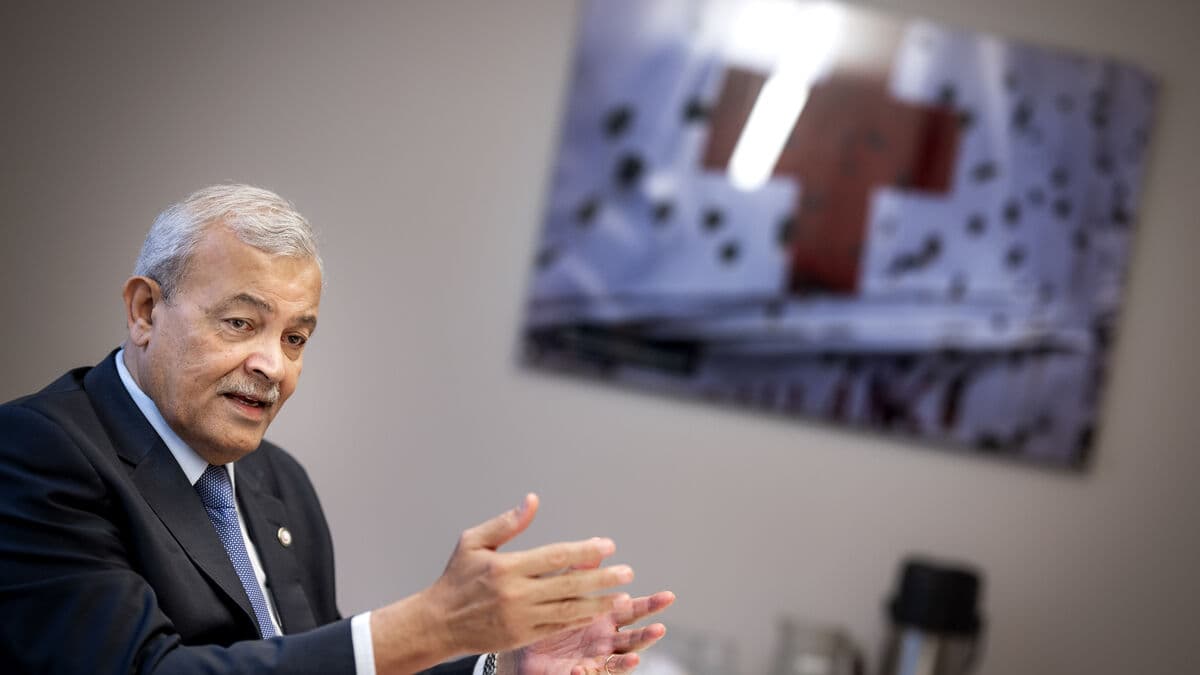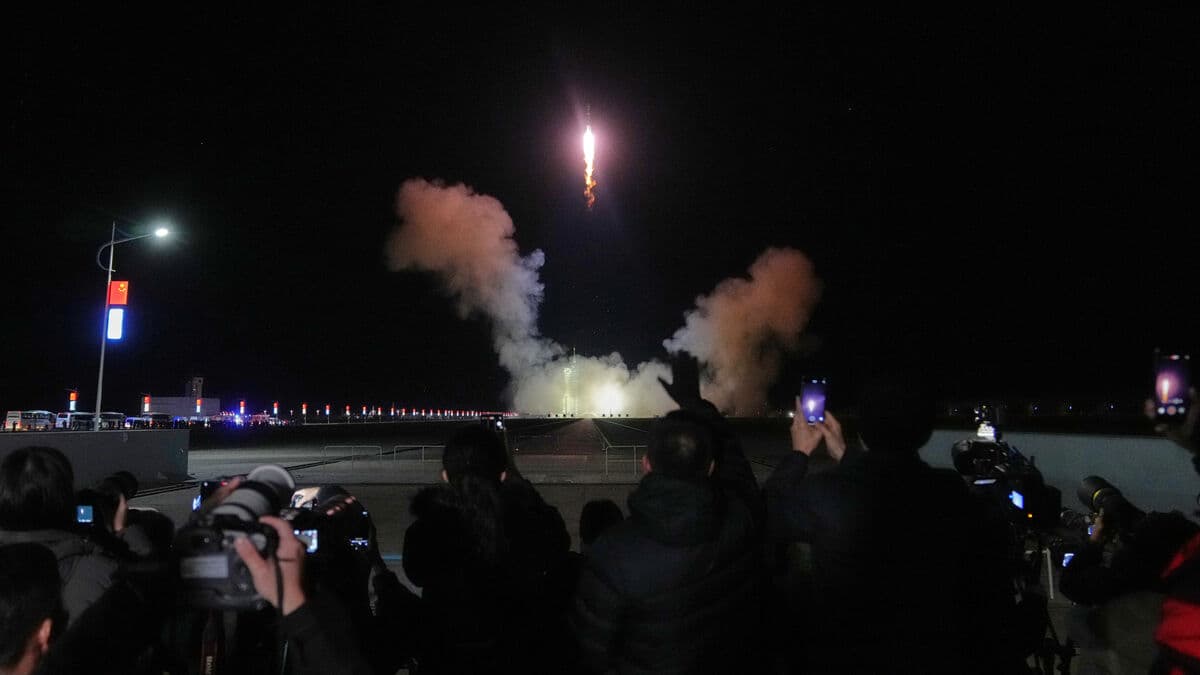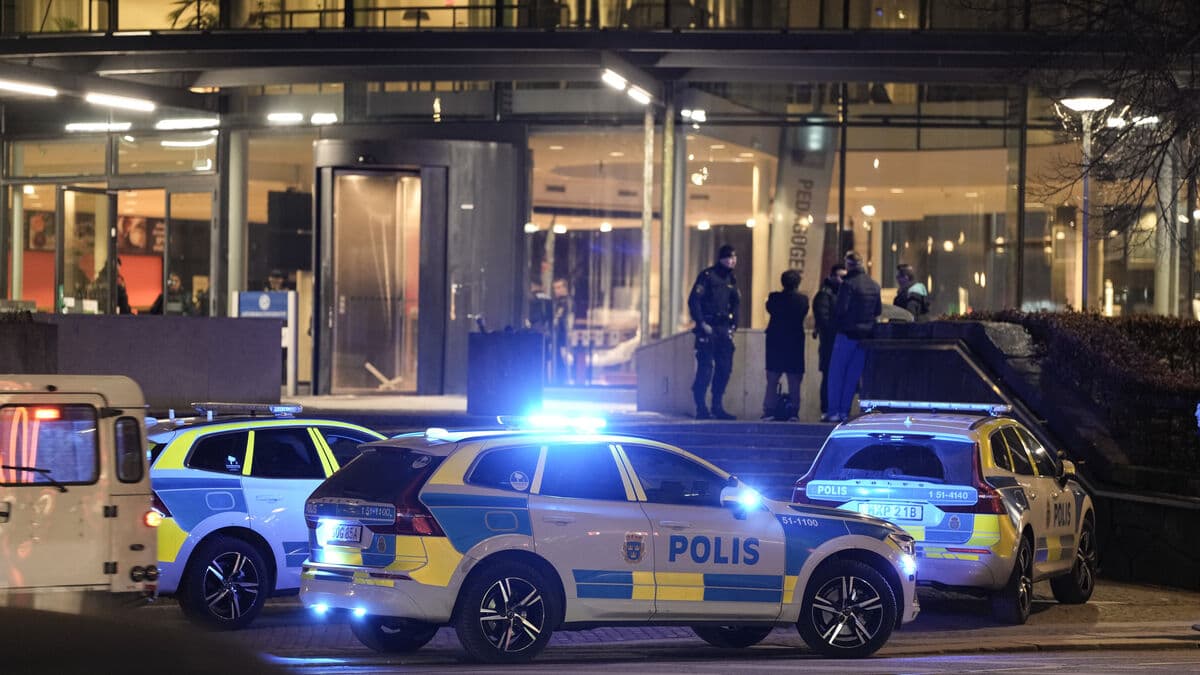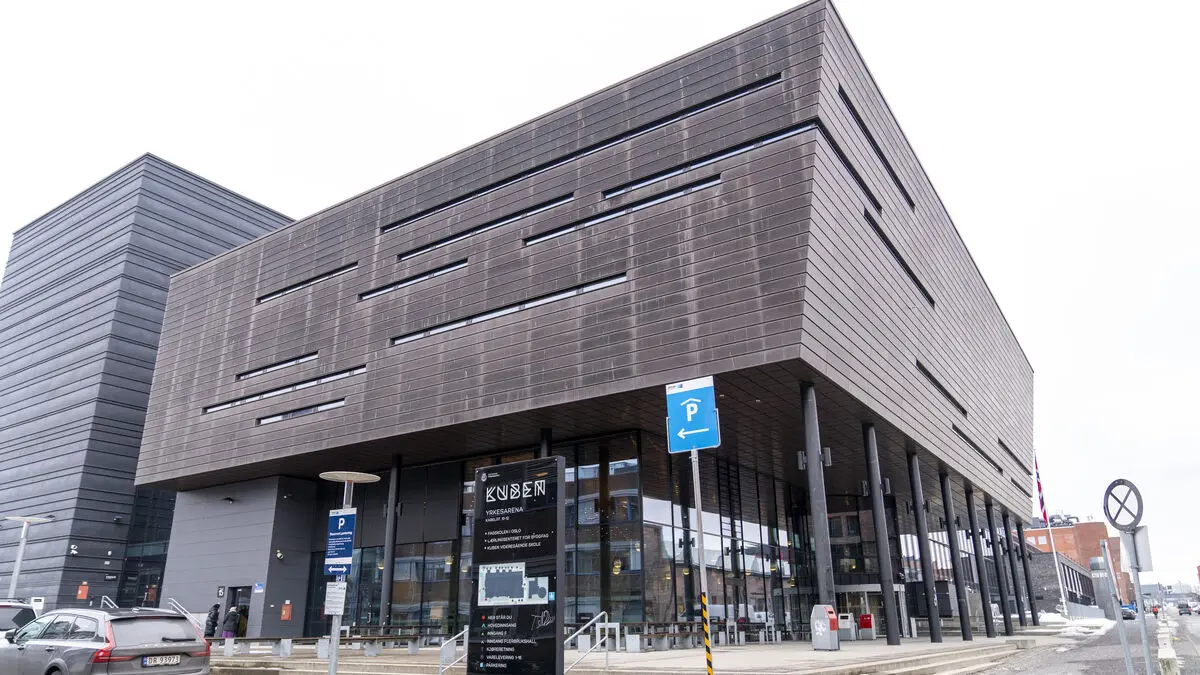During a short visit to Stockholm, Younis Al Khatib says that "cautious optimism" now prevails regarding the ceasefire in the Gaza war. But the promises of free influx of aid have not yet been fulfilled, and there is a shortage of everything.
The situation now is not what we want it to be. Deliveries into Gaza are still limited.
This also applies to the most basic things, such as clean water. And therefore, the healthcare that the Red Crescent and other aid organizations are trying to rebuild is not yet functioning.
What we have now in Gaza is improvised, sporadic healthcare.
Hospitals barely function
As he describes it, the two million inhabitants still have to rely primarily on field hospitals. The real hospitals barely function, and are also burdened by the fact that many of the war's victims have not yet been taken care of. Al Khatib mentions the situation at al-Shifa, Gaza's largest care complex.
People are sending corpses to al-Shifa hospital. I do not know how many killed have been sent there, and also wounded.
It is not a hospital. It is a slaughterhouse.
With over 20 years of experience from the conflicts in the Middle East, Al Khatib sees attacks on healthcare as a pattern from Israel's side, despite it being a clear violation of international law.
Why must one attack an ambulance with grenades? he asks himself, with reference to a notorious incident in Rafah in the spring, when Israel bombed a humanitarian convoy in the Rafah area.
15 aid workers, including eight from PRCS, were killed. After great international outrage, Israel investigated the incident, and some officers were reassigned. But no charges have been brought.
Started wearing bulletproof vests
The massacre is one of the worst, but is part of a long-standing pattern of healthcare being treated as a target in warfare. Al Khatib says that the Red Crescent realized during the al-Aqsa intifada in 2000-2005 that the organization's emblem no longer protected them - they needed to start wearing bulletproof vests.
During that intifada, we lost 18 of our colleagues. When it comes to so many, you cannot call it a mistake.
But the latest, roughly two-year war, is worse.
I can say with certainty: nothing can be compared to this.
And Younis Al Khatib sees signs that the bad examples are spreading, from Gaza to, for example, Sudan.
When a country that is subject to the Geneva Conventions, a UN member, breaks this, it becomes a precedent.
The world must react clearly when it comes to crimes against international law and the Geneva Conventions.






